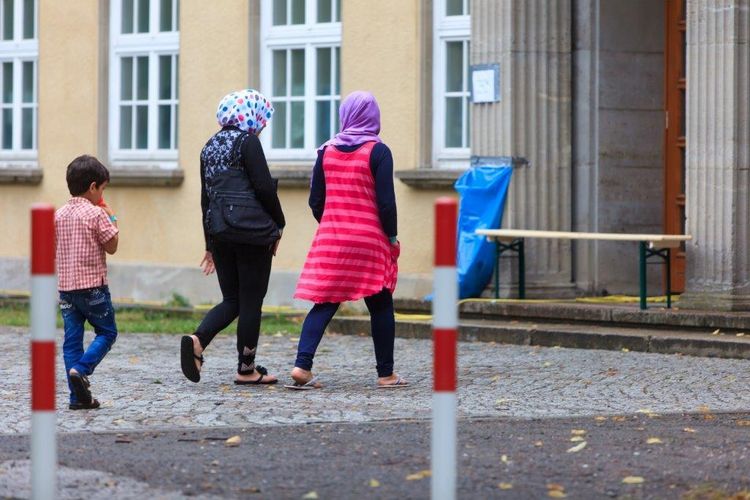The study was conducted at a reception centre for asylum seekers in Leipzig between May 2017 and June 2018. A total of 569 adult refugees from over thirty different countries took part. Approximately half were interviewed during the first week after their arrival. The study by a group of researchers led by Professor Heide Glaesmer and Dr Yuriy Nesterko from the Department of Medical Psychology and Medical Sociology showed that around 50 per cent of the refugees interviewed showed clear signs of a psychological disorder. A third of those surveyed suffered from post-traumatic stress disorder, and a third reported psychosomatic symptoms such as palpitations and anxiety. Many also displayed symptoms of depression and suffered from more than one psychological disorder.
“We are not particularly surprised by the results. When they were interviewed, nearly all of the refugees had spent a long time on the run. Many had experienced war and violence and been separated from their families and relatives,” explains Professor Glaesmer, summarising the findings of the study. These traumatic experiences and psychological disorders often limit the sufferer’s ability to cope in key areas of life, and the risk of developing further mental illnesses or chronic conditions rises sharply. “On the one hand, the results of the study point to the urgency of ensuring professional treatment for those affected. On the other there is a need for local psychosocial support and counselling services, especially for new arrivals, so as to prevent a worsening of symptoms and the development of psychological disorders,” sums up co-author Dr Yuriy Nesterko. The study presents a snapshot shortly after the respondents had arrived at the reception centre. It is likely that some people have yet to suffer from psychological stress, while others may be able to overcome it in a safe and quiet environment. Crucially, without prompt and demand-oriented care, the risk of a steady deterioration in the mental health of those affected can be considered very high.
The study provides important information for health planning and further care, underlining the importance of providing psychosocial support to refugees at an early stage. The study received 61,800 euros in funding from the Roland Ernst Stiftung für Gesundheitswesen (Roland Ernst Foundation for Healthcare).
The original publication is available at https://doi.org/10.1017/S2045796019000325
Contacts and study authors:
Professor Heide Glaesmer, Dr Yuriy Nesterko
Department of Medical Psychology and Medical Sociology
Universitätsmedizin Leipzig
Tel.: +49 341 97-15417
Email: Heide.Glaesmer(at)medizin.uni-leipzig.de
yuriy.nesterko@medizin.uni-leipzig.de































































